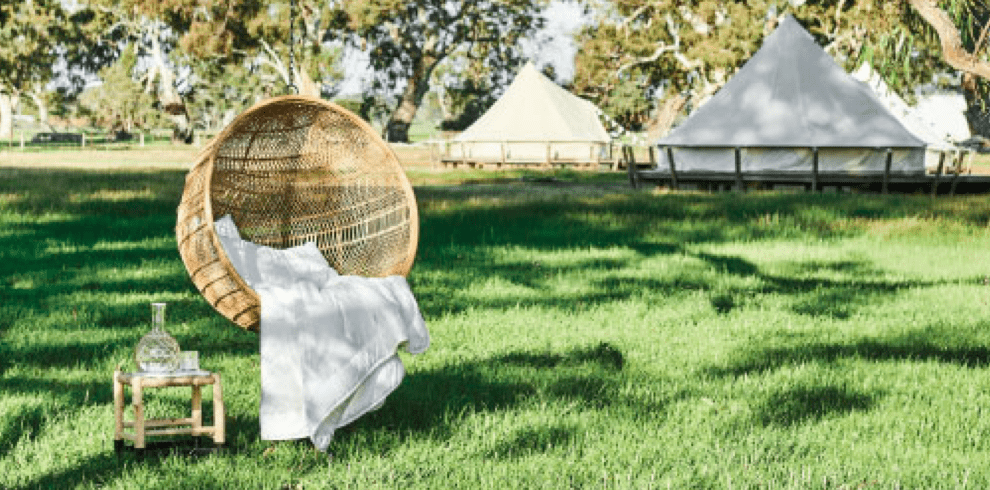We all know that old people need less sleep right? While many believe this fallacy, the answer is actually, no! In fact, adults of all ages benefit from 7 to 9 hours of really good sleep each night. Sadly with age, two major factors conspire to prevent this happening - sleep patterns alter and sleep quality declines.
As a result, many older adults experience a range of quite common sleep issues. Typically, problems may include lighter sleep with frequent periods of night time wakefulness, accompanied by an increase in daytime fatigue and afternoon napping. Hormonal changes for both men and women see body temperatures fluctuate, non-REM sleep (the deep restful type) diminish and nocturnal trips to the bathroom occur more often.
If you are constantly waking tired or looking for a cat nap to get you through the day, you may benefit from some of these very simple ideas to wake up refreshed and raring to go.
Environment
Create an atmosphere conducive to sleep. Ensure your room is cool and dark and your bed is comfy. Choosing natural, fibres like wool, cotton or bamboo for your bedding allows your body to breathe and maintain a consistent temperature throughout the night for deeper more restful sleep.
Lifestyle
Check your diet and head out for a stroll with a friend. A healthy eating plan, with plenty of fresh air and exercise is beneficial at every stage of life and particularly important as you age. A sunny day is perfect for boosting physical and mental health, along with the serotonin levels that regulate your sleep patterns. For better sleep avoid caffeine, alcohol and heavy meals later in the day.
Bedtime Routine
Begin to wind down before bed. Take time to relax and prepare for sleep with a warm bath, a good book or some light exercise at the end of the day. Avoid the stimulation of blue light emitting screens, opting instead for a gentle yoga routine or relaxing meditation.
Sleep pattern
Consider your natural sleep habits. If you have always been an early riser, this pattern is unlikely to change. Use your wake up time to count back 7 - 9 hours and calculate your ideal bed time. When you wake, get up and begin your day. If tiredness creeps in, keep your siesta time to a minimum and adjust your bedtime appropriately.
Health
Visit your doctor regularly. While sleep concerns can become increasingly problematic with age, it is important to ensure that the cause is not medication related or a serious underlying health issue.
Source sleepcouncil.org.uk



